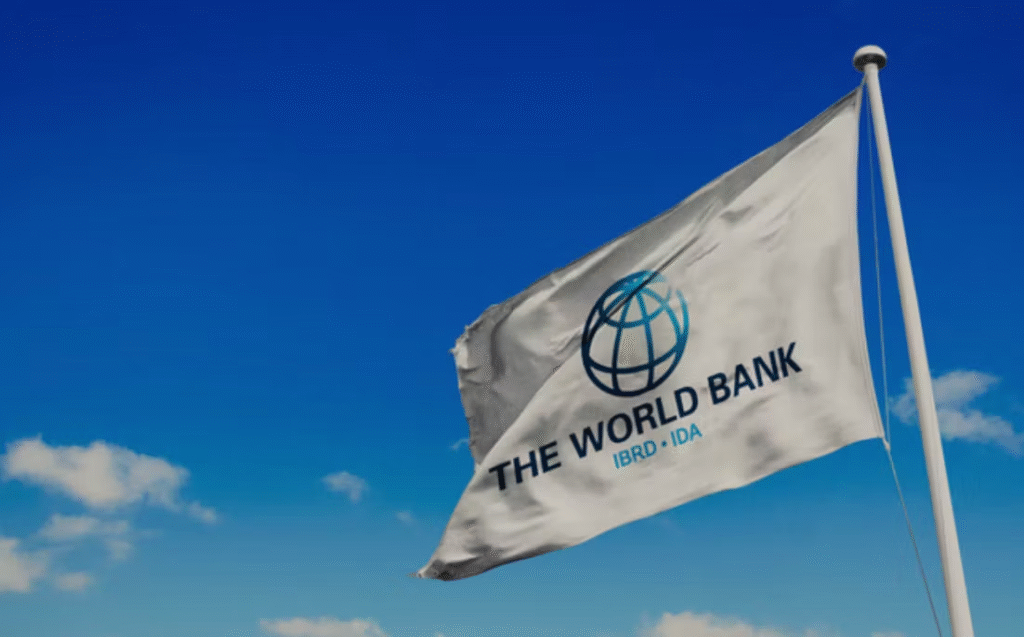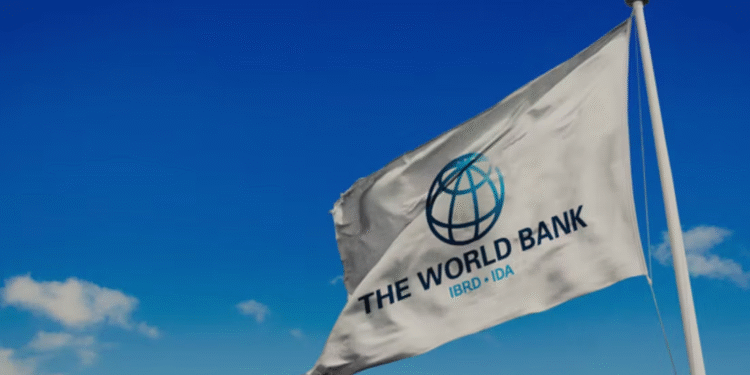The World Bank has approved over $2 billion in new financing for Uganda over the next three financial years to support key development projects, a senior official from the Ministry of Finance announced on Tuesday.
The decision marks the lifting of a nearly two-year freeze on new funding, which was imposed after Uganda passed a controversial anti-LBGTQ law prescribing severe penalties, including the death sentence for certain offences.

“I am glad to announce that concessional financing is back. In the next three financial years, the World Bank will disburse over $2 billion of new money to finance our development,” said Ramathan Ggoobi, Permanent Secretary of the Ministry of Finance and Secretary to the Treasury, in a statement shared with the media.
According to Ggoobi, the funds will be invested in critical sectors such as transportation, energy, ICT, and agriculture to accelerate economic growth and infrastructure development.
The World Bank has yet to release an official statement on the development.
The lender, traditionally one of Uganda’s largest sources of concessional credit alongside China, had halted new loans, forcing the government to depend more on costly domestic borrowing.
Meanwhile, Uganda is also in negotiations with the International Monetary Fund (IMF) for a new Extended Credit Facility (ECF), following the expiration of its previous $1 billion programme last year before full disbursement.
The finance ministry projects that crude oil production — expected to begin by mid-2026 — will help drive Uganda’s economic growth to double digits in the 2026/27 fiscal year.









